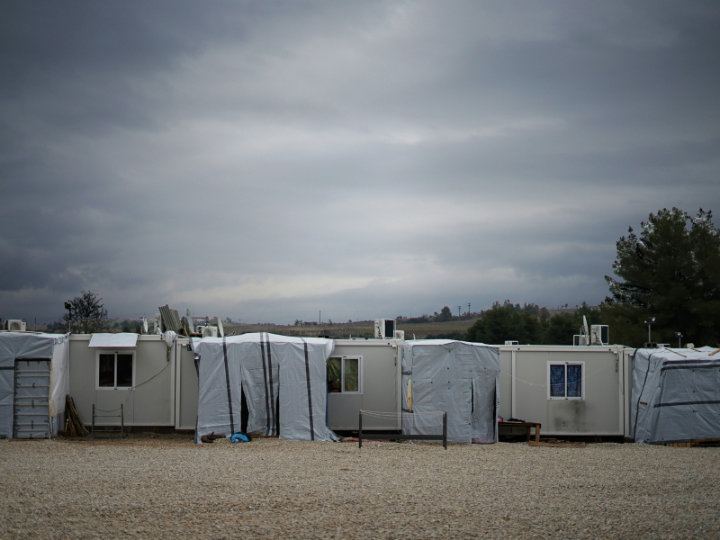It is not rare in cases where ground has been given to demagogues and populists for the opposite than expected result to occur: the populist side is further strengthened at the expense of system-rooted parties. Traditional politics are no longer immune; there is a danger of increasing disrepute and discredit across the whole of the EU.
Leaders merely repeated the recurrent narratives of the past without making any “out of the box” proposals for the future. At the same time the decision of Messrs Hollande and Renzi, backed by Messrs Gabriel and Schulz, to invite SYRIZA (a self-proclaimed radical leftist party in governing coalition with radical right-wing nationalists) to the meeting raises serious questions over the protection of the deeply rooted values and principles of Social Democracy. Let us trace key conveyed messages:
The (disastrous) referendum and the second round of the 2015 elections reaffirmed SYRIZA’s dominance, finished off an already ruined economy, and cynically exploited voters’ raised hopes and expectations. Conclusion #1: radical left-wing populism gains ground in the name of the poor and desperate only to completely betray them immediately after.
The quest for power faces no ideological boundaries. The sitting Greek government is dependent on an alliance with the nationalistic right-wing populist party of ANEL. This alliance is not backed by any programmatic agreement; it merely rests on sharing power by offering ministerial positions. Conclusion #2: nationalistic populism is settled comfortably within government wearing both its right- and left-wing faces.
SYRIZA-ANEL government’s domestic strategy follows by the book all rules of demagogy; it aims for party-led control of the State and its institutions with democracy sliding off the edge. The prevailing norm is systematic propaganda about the threats from external and internal enemies of Greece; the former being “neoliberal” Europe and the latter the entire entrenched political system.
Clientelism is strengthened instead of confronted, a not so subtle effort is ongoing in securing control of the three pillars: state, justice and media. Concurrently, any proposal made by the Troika is eventually accepted even when is evident that it will not deliver. Conclusion #3: “Progressive” leaders do not seem to be concerned with respect for democracy’s core values and principles, perhaps not even at face value.
Greece is at a defining turning point. The country needs to face the truth of its condition, unite and mobilize its best available human capital and follow a rational, serious yet inspiring path. It will take time, to rebuild credibility and a draw up a solid plan to restore democracy and prosperity through a revitalized, new political system.
First and foremost though, the monster of populism must be crushed for good. Currently, it continues to feed on the mistakes of the past, the failures of the reform program and the desperation of people at the prolonged austerity. As long as populism remains powerful it will continue to appeal and attract more followers to its path, eventually poisoning healthy prospects terminally.
** First published www.socialeurope.eu/2016/09/populism-social-democracys-distress/




 By: N. Peter Kramer
By: N. Peter Kramer

